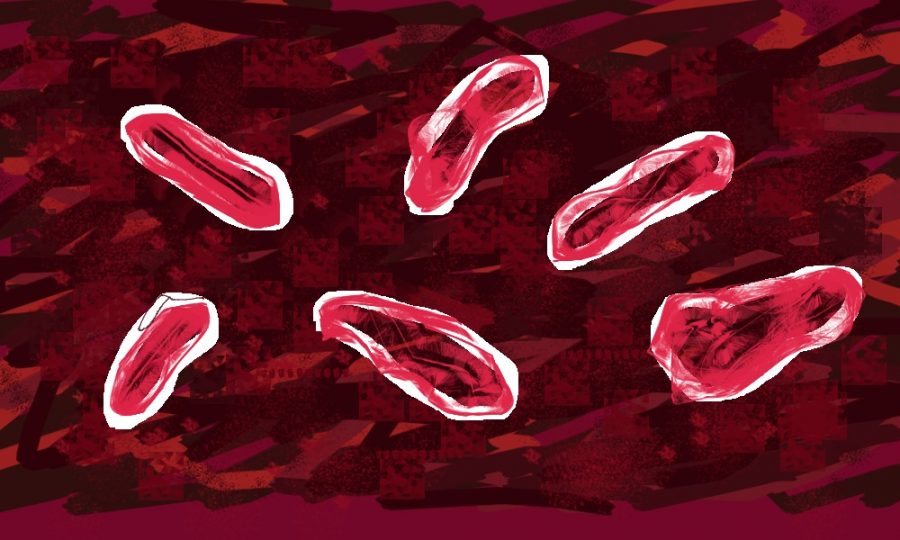Is the Bubonic Plague Making a Return in China?
The bubonic plague bacteria.
November 22, 2019
Three people in China have contracted Bubonic Plague very recently. CNN reported two cases from November 12th that are pneumonic and severe. These patients are being held in the Chinese capital of Beijing in a hospital under close surveillance with other people they have had close contact with. The other case is from a hunter eating a wild rabbit.
Yes, this is the same disease that wiped out about 25 million people in China during the 1330s and then spread to Europe and killed 50 million people or 60% of their population at the time. But before you start going crazy about the plague, you should know that the chance of this becoming a worldwide epidemic is very slim, according to the World Health Organization.
The Bubonic plague is a bacterial disease that is most often transmitted from fleas and rodents. The organism that is responsible for the plague called the Yersinia Pestis is found in rodents in rural areas of the United States, Africa, and Asia. Humans usually contract from fleas that have fed off rodents with Yersinia Pestis. They can also contract it from direct contact with infected animals.
Some symptoms of bubonic plague include:
- Buboes situated in the groin, armpit or neck
- Buboes are the size of chicken eggs
- Tender and firm
- Sudden fever and chills
- Headache
- Fatigue
- Muscles aches
Some symptoms of pneumonic plague include:
- Cough With bloody mucus
- Difficulty breathing
- Nausea and vomiting
- High fever
- Headache
- Weakness
- Chest pain
Of course with most diseases and plagues there is a way to protect yourself. To prevent infection with the Bubonic plague, The Mayo Clinic recommends you get rid of rodents from your home. Make sure to remove potential nesting areas and to keep food in hard to reach places. You should also take steps to make sure your pets don’t have any fleas. They also recommend wearing gloves when potentially handling contaminated animals. Lastly, you should always try to use insect repellent while outside.







